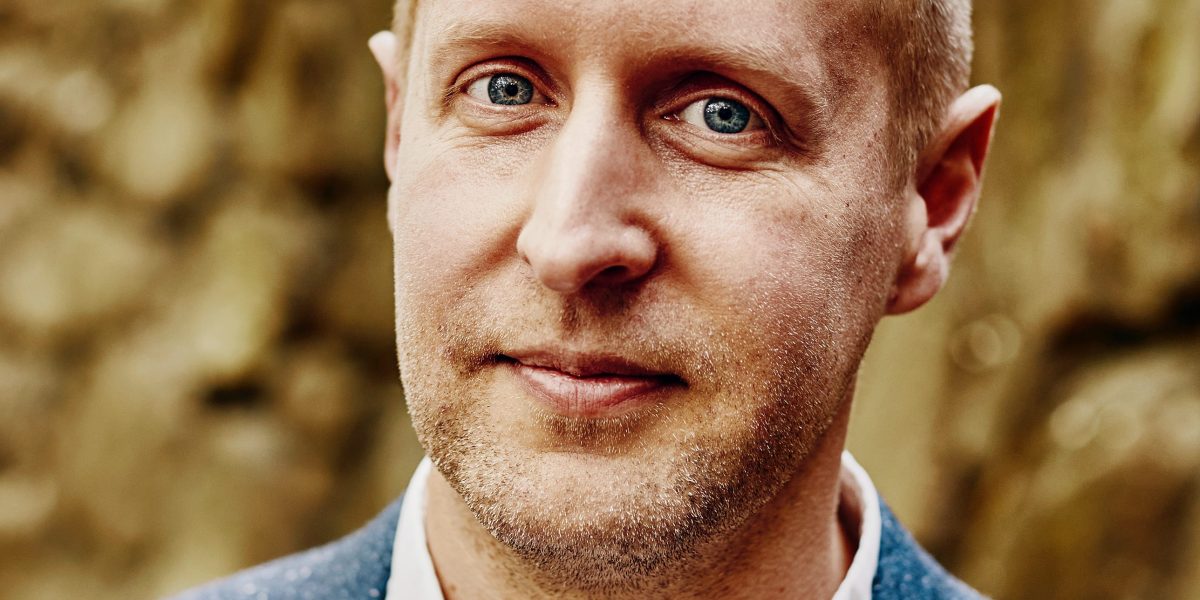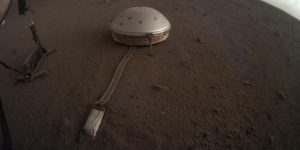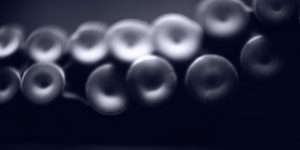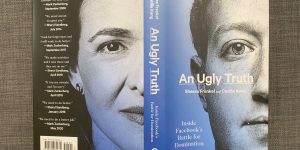[ad_1]
Nathan McGee knows a thing or two about the tendency of the mind. Suffering from PTSD since early childhood, in his 40s, he participated in clinical trials to see if the psychedelic drug MDMA could help him. The result was nothing less than transformative. “I see life as a thing to be explored and appreciated, not as something to be endured,” he told Charlotte Gee in an intimate interview about his experience.
Likewise, for those of us experiencing pandemic fatigue, Dana Smith has some good news: our brains were definitely hurt when we drifted away from social media and plunged into oblivion, but they are also really very good at recovering. Your brain will heal from the pandemic; just give it time.
Heading around can be fun, too, according to Neil Patel. He writes about a talent he developed as a teenager: lucid dreaming. The science behind this is still being developed, but it has proven to be useful in helping people unleash their creativity and deal with fears and traumatic memories.
Perhaps it is in a dream that the ability of our minds to dominate what we consider “real” is most clearly manifested. In a review of three exciting new books on human perception, writer Matthew Hutson quotes one author: “You could even say that we are all hallucinating all the time. It’s just that when we agree on our hallucinations, this is what we call reality. “
The question still remains what it means to be conscious. For a long time, we humans have clung to the idea that we are the only conscious animals. This is one of several brain misunderstandings that David Robson and David Biskup have debunked in comic book form. Consciousness is difficult not only to define, but also to measure. However, as Russ Yuscalian found out, there is now a consciousness meter that detects this in humans.
Consciousness in silicon form is now in the brain of Will Douglas Haven; he wonders if we would know this if we could build a conscious machine. Dan Falk asks researchers if they think the brain is a computer at all. Emily Mullin reviews two multi-billion dollar attempts to study the human brain in unprecedented detail, one of which was an attempt to model the brain from scratch.
No problem arising in the mind is complete without a glimpse of gray matter itself, and our memorable photo essay has tons of brains documenting a library of ugly specimens. If that’s too much, zoom in on our infographic, which shows what’s going on in Tate Ryan-Mosley’s brain when she sees her boyfriend’s face. Finally, we’ve included a really rare treat: a selection of poems prepared by our news editor Niall Firth. This is guaranteed to force your neurons to take a fresh look at what we call “reality.”
[ad_2]
Source link



